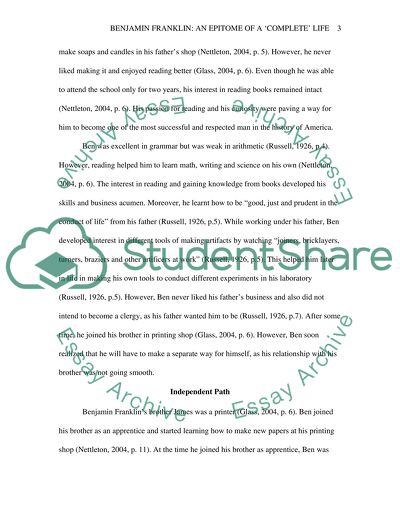Cite this document
(“First American Physicist Benjamin Franklin Research Paper”, n.d.)
Retrieved from https://studentshare.org/family-consumer-science/1415834-first-american-physicist-benjamin-franklin
Retrieved from https://studentshare.org/family-consumer-science/1415834-first-american-physicist-benjamin-franklin
(First American Physicist Benjamin Franklin Research Paper)
https://studentshare.org/family-consumer-science/1415834-first-american-physicist-benjamin-franklin.
https://studentshare.org/family-consumer-science/1415834-first-american-physicist-benjamin-franklin.
“First American Physicist Benjamin Franklin Research Paper”, n.d. https://studentshare.org/family-consumer-science/1415834-first-american-physicist-benjamin-franklin.


